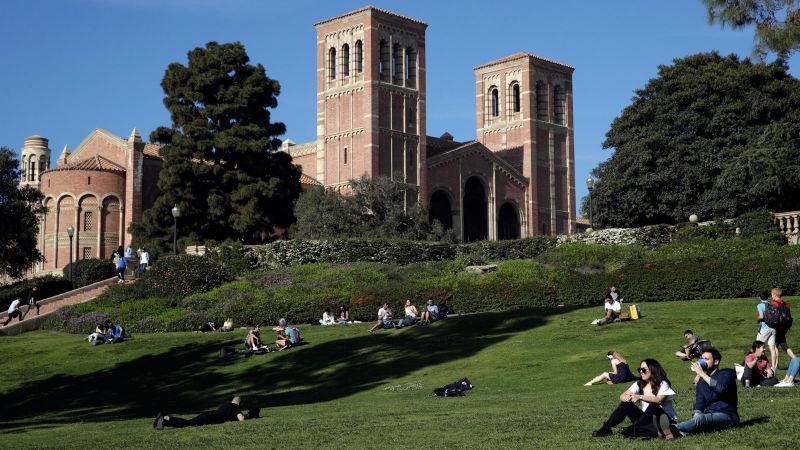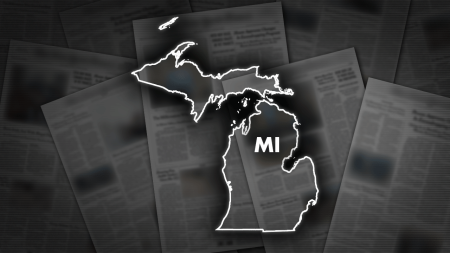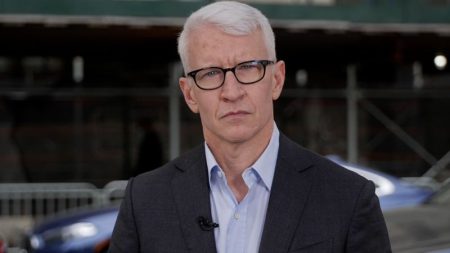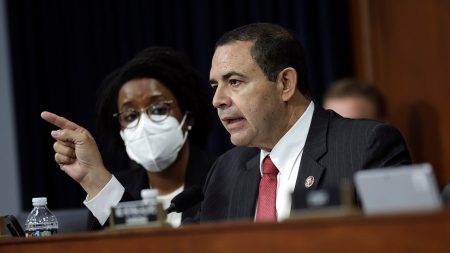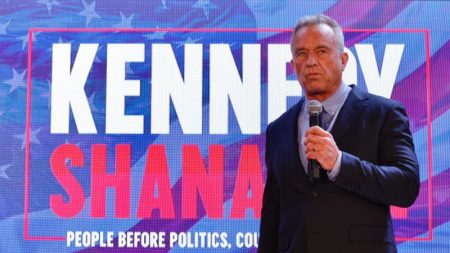The share of high school seniors submitting the Free Application for Federal Student Aid, or FAFSA, has significantly decreased this year, raising concerns that low-income students may not be able to afford to enroll in college. While students still have time to submit the FAFSA, the approaching college decision deadline is causing anxiety for many. The new version of the FAFSA was expected to simplify the financial aid application process but has been plagued by delays and technical glitches, impacting the number of completions.
High school seniors’ FAFSA submissions have dropped compared to the previous year, with even fewer students able to complete the form due to technical issues. Concerns are growing that students who need assistance with the form may not receive the necessary support before high school graduations. The decline in FAFSA completions has been more pronounced among lower-income schools and schools with a higher percentage of minority students, exacerbating the accessibility issue for those who need financial aid the most.
The delayed rollout of the new FAFSA form has caused additional challenges for students and colleges. Glitches and errors on the form itself, as well as delays in processing data for aid calculations, have hindered colleges’ ability to develop financial aid packages for students. The Department of Education has faced criticism for the delays, with lawmakers on both sides of the aisle questioning the handling of the implementation process and the decision-making behind the changes.
The new version of the FAFSA was intended to be easier and faster to complete, with fewer questions and an expanded eligibility for federal financial aid. Despite these improvements, the issues with the rollout may impact the students who would benefit the most from the changes. Lawmakers have raised concerns about the timeliness of financial aid information and the potential barriers for students to enroll in college due to the delays in the FAFSA process.
The Biden administration and Republicans have pointed fingers at each other for the FAFSA implementation issues, with requests for additional funding and evolving policy priorities cited as contributing factors. The Government Accountability Office is investigating the new form’s implementation, with lawmakers demanding answers from companies involved in the modernization process. The challenges with the FAFSA rollout raise questions about the accessibility of higher education for students who rely on financial aid.
The uncertainties surrounding FAFSA submissions and financial aid disbursement have led to increased anxiety among students and families as the college decision deadline approaches. The impact of the delayed FAFSA process may deter low-income and minority students from considering college enrollment due to financial constraints. Addressing the issues with the FAFSA rollout is crucial to ensuring that all students have equal access to higher education opportunities and financial assistance.





